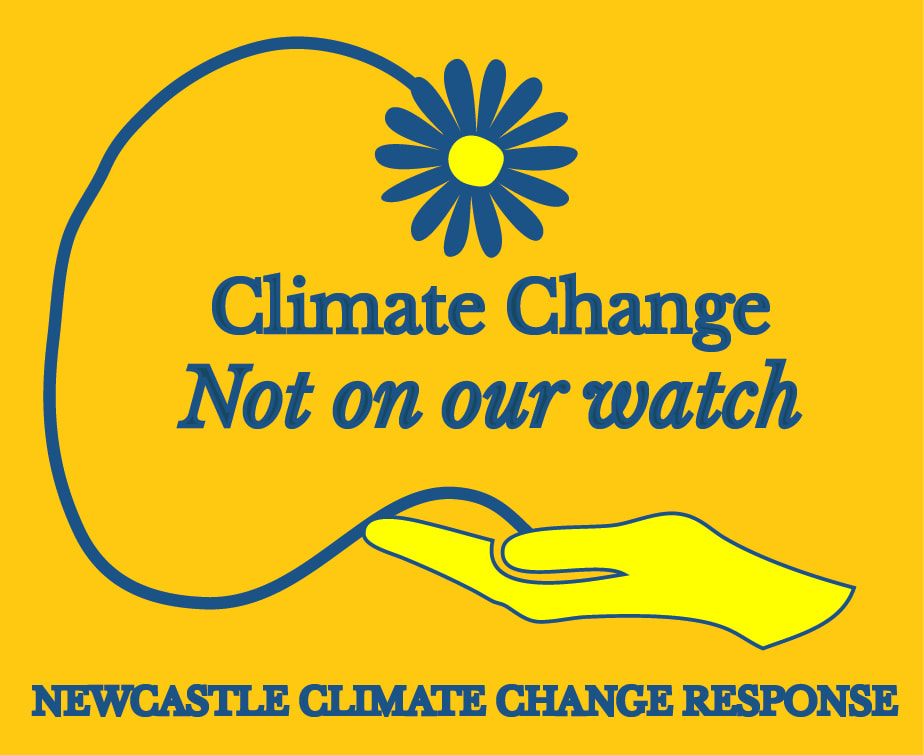Submission opposing bill to prevent the regulation of greenhouse gas emissions from Australian coal burned overseas.The NSW Government has introduced a bill to amend the Environmental Planning and Assessment Act 1979 (NSW) (EP&A Act) and the State Environmental Planning Policy (Mining, Petroleum Production and Extractive Industries) 2007 (NSW) (Mining SEPP) to prohibit the imposition of conditions of development consent that purport to regulate any impact of the development occurring outside Australia or any impact of development carried out outside Australia and to to remove the specific requirement to consider downstream greenhouse gas emissions in determining a development application for development for the purposes of mining, petroleum production or an extractive industry. In a nutshell, the New South Wales Government has introduced legislation to prevent the regulation of greenhouse gas emissions from Australian coal burned overseas. Online submissions can be entered via a questionnaire (SurveyMonkey form) until Sunday 15 December 2019. Attached below is my submission: I am opposed to legislation to prevent the regulation of greenhouse gas emissions from Australian coal, gas and oil burned overseas. Specifically, in “determining a development application for development for the purposes of mining, petroleum production or an extractive industry", the State Environmental Planning Policy (Mining, Petroleum Production and Extractive Industries) 2007 should RETAIN the specific requirement to "consider downstream greenhouse gas emission in determining a development application"
The present scientific consensus is that the earth's climate is warming due to human activity (https://climate.nasa.gov/scientific-consensus/), and the negative impacts of increased greenhouse gas emissions are measurable globally and nationally. The government is responsible for the health and wellbeing of its citizens and the financial security of the nation. As we see the impact of increased carbon emissions, we also find evidence of the impact on Australians and the wealth of the nation. The Rocky Hill decision was made based on science and fact. In considering the impacts of the Rocky Hill mine and the public interest, Chief Justice Brian Preston held that downstream indirect GHG emissions should be considered in determining the DA, as both direct and indirect GHG emissions (i.e. Scope 1, 2 and 3 emission) contribute to the cumulative impacts of climate change. The Chief Justice indicated that the following factors must be considered:
Downstream greenhouse gas emission of "mining, petroleum production or an extractive industry" are significant in contributing to global warming. As noted by Professor Will Steffen in the Rocky Hill case “it is one climate system”, the burning NSW coal overseas impacts communities here at home. Emissions from NSW coal are not something that happens outside Australia, they have a deep and lasting impact here at home, as seen recently with the devastating bush fires and severe drought in NSW. You cannot artificially carve out climate impacts from Australian coal on local communities. The impacts of climate change on NSW communities matter. That’s why we all need to take responsibility for those emissions, and it’s appropriate our laws and policy need to reflect that. Furthermore, it is irresponsible to propose blinkering a planning authority from considering one of the environmental impacts of a development, and contrary to the spirit of the Environmental Planning and Assessment Act and established case law. A decision to remove that requirement would be a retrograde step and inconsistent with a science-based response to managing climate change. NSW Climate Change Policy Framework details NSW Government’s objective to achieve net-zero emissions by 2050. This long-term objective “sets a clear statement of government’s intent, commitment and level of ambition and sets expectations about future emissions constraints that will help the private sector to plan and act.” The Policy Framework states that the NSW Government will investigate how to embed consideration of climate change mitigation and adaptation across government operations including service delivery, infrastructure, purchasing decisions and regulatory frameworks. Furthermore, it states that Agencies will undertake additional policy investigation for sectors with significant opportunities and risks, including primary industries emissions and adaptation (Department of Primary Industries). The proposed legislation flies in the face of the NSW Climate Change Policy Framework. It removes the consideration of climate change mitigation from a regulatory framework. It works against Agency policy investigation and development on primary industry emissions and adaptation. Furthermore, it sets the wrong expectations of future emissions constraints to private sector across the Mining, Petroleum Production and Extractive Industries in their planning for new or expanded operations. In addition to retaining the specific requirement to "consider downstream greenhouse gas emission in determining a development application", the government should consider ways to assist these industries in transitioning towards low emission industries and renewable energy production in the immediate future.
0 Comments
Leave a Reply. |
AuthorWrite something about yourself. No need to be fancy, just an overview. Archives
March 2024
Categories |

 RSS Feed
RSS Feed
